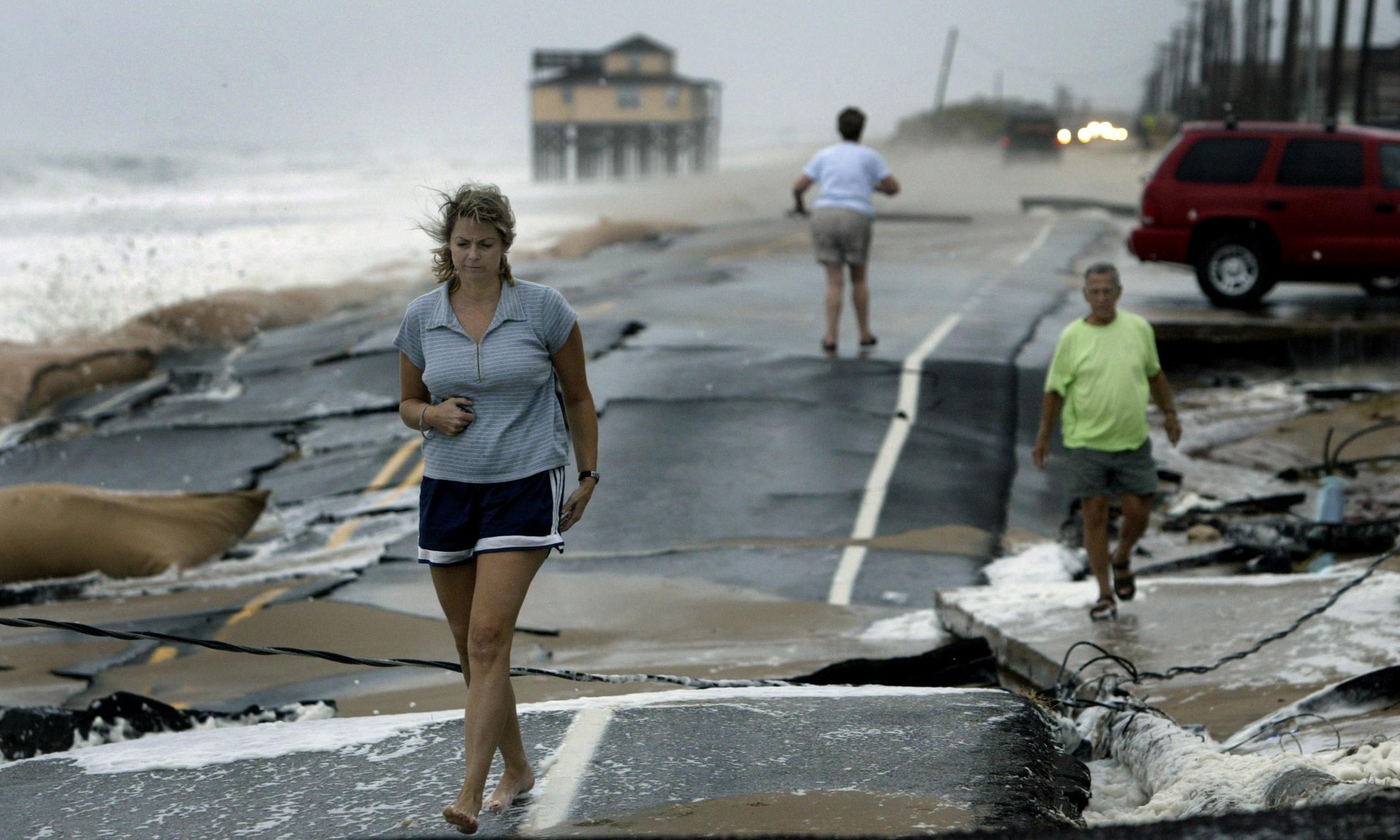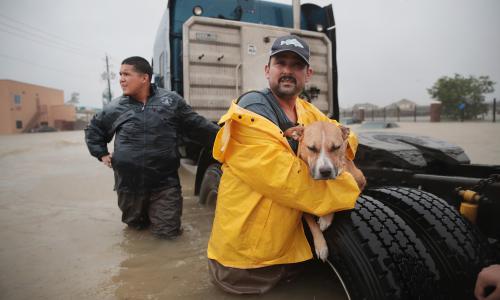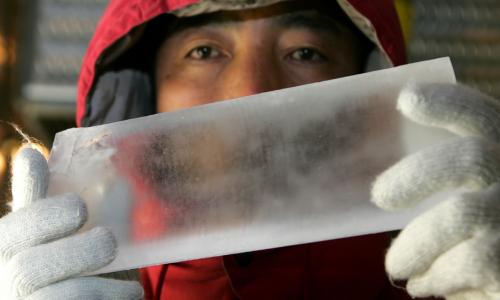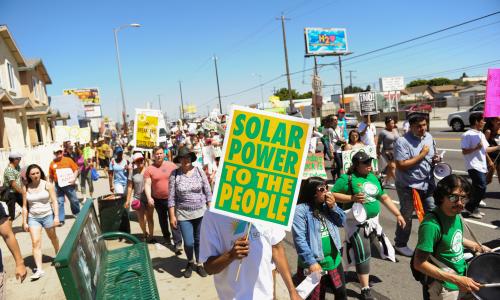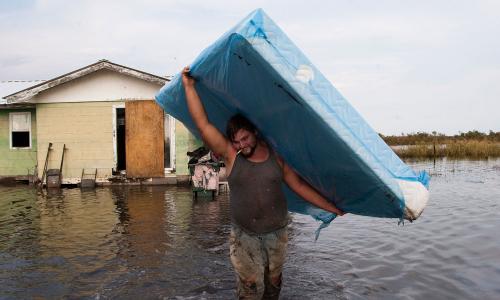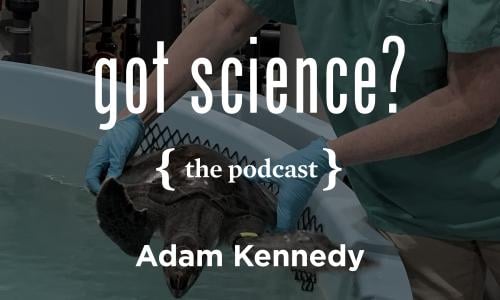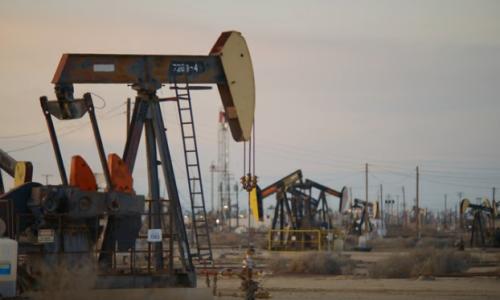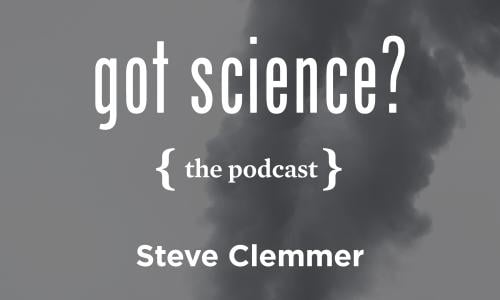Table of Contents
Climate change is one of the most devastating problems that humanity has ever faced—and the clock is running out.
What we're facing
For over 200 years, humanity has powered itself with fossil fuels like oil and coal. We’ve seen an enormous amount of development and progress—but at an incredible cost.
When burnt, fossil fuels all release carbon dioxide, which acts like a blanket around the earth.
As the amount of carbon dioxide increases, the planet warms up. Sea levels rise. Extreme weather becomes more commonplace. A whole range of impacts—from wildfires, to flooding, to extreme heat and drought—become more likely and more severe.
If we do nothing, these impacts will worsen. Large swaths of the world’s population will likely migrate. Entire island nations may disappear. The magnitude and range of impacts means that almost every human on Earth will be affected, if they’re not already. Low-income communities and people of color will be hit the hardest.
But change is still possible. Science suggests that we can avoid the worst impacts of climate change if we limit warming to under 2ºC. To do so, we need a much cleaner economy by mid-century or sooner. Fossil fuel companies need to stop preventing climate action. And leaders in the United States need to act. You can help.
Get involved
Climate Accountability
Transforming Transportation
What you can do:
Use clean energy
Home energy efficiency improvements and efficient appliances are two of the easiest ways to lower your carbon footprint. Many states provide free assessments and tax incentives to make your home more energy efficient. If you're able, you can also purchase solar panels or support renewable power programs through your electric utility—they’ll likely pay for themselves.
Support clean transportation
Transportation is the leading source of US carbon emissions. By using public transportation, driving and flying less, and if you can afford it, switching to an electric or hybrid electric vehicle, you can do your part to cut transportation pollution.
Eat less meat, especially beef
Raising livestock accounts for roughly 15 percent of global greenhouse gases. Cattle are particularly harmful, as their digestive systems release methane, a powerful heat-trapping gas.
Make your voice heard
To avoid the worst impacts of climate change, we need strong leadership and nationwide policy changes. Write and call your elected officials, participate in local meetings, and, above all, vote.
“Science tells us the planet is warming, the impacts we’re seeing today are already serious, and our future is in our hands. UCS is the most effective organization I know for addressing those truths head-on."
